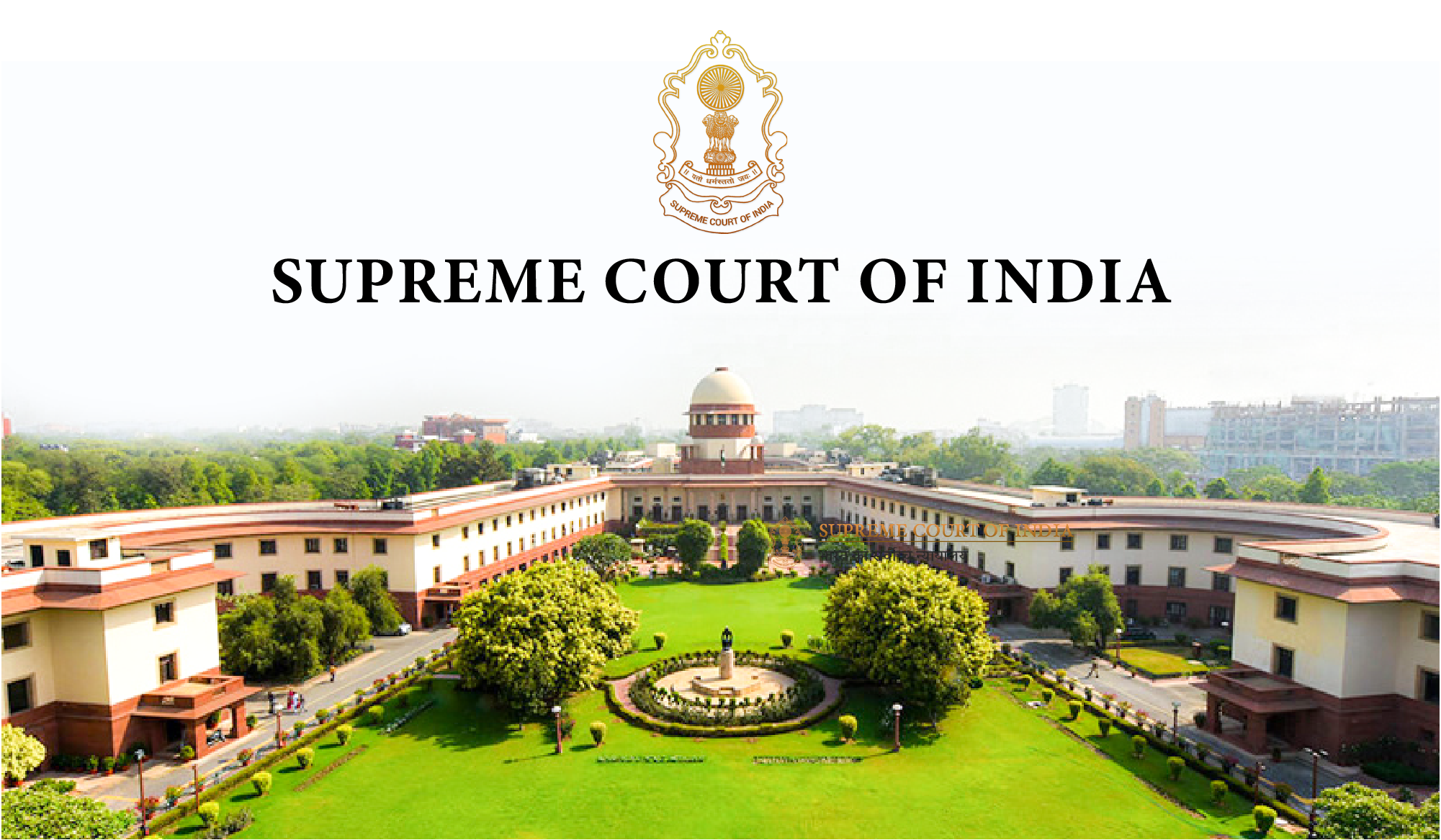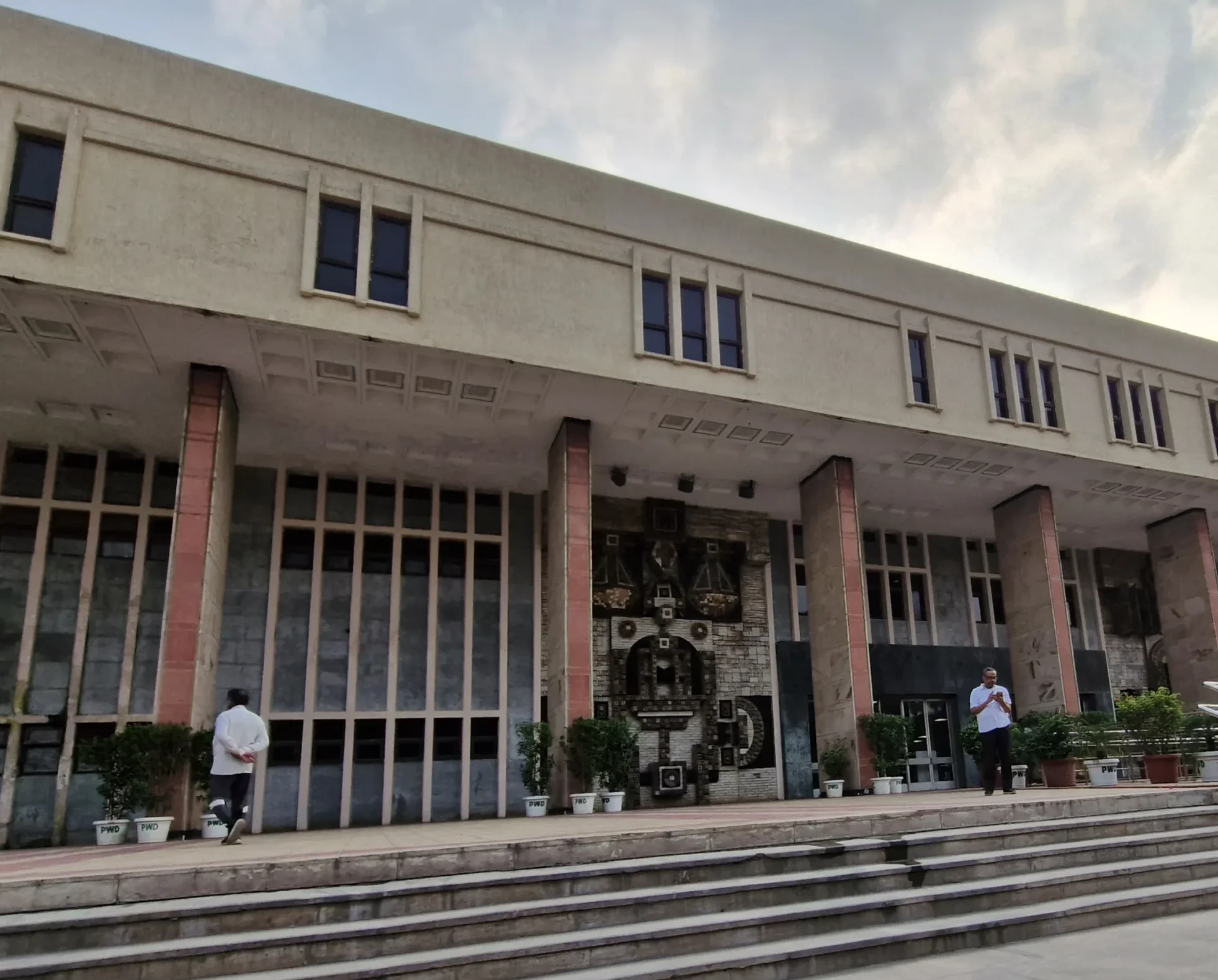Principles of Natural Justice: Ensuring Fairness in Legal Processes
Introduction
Natural justice is a fundamental principle in law that underpins the fairness of legal proceedings. Rooted in common law, the principles of natural justice are essential to ensuring that justice is not only done but seen to be done. They serve as a safeguard against arbitrary decision-making and ensure that individuals receive a fair hearing. This article delves into the principles of natural justice, their application in the Indian judiciary, and their relevance in ensuring a fair legal process.
• The Two Core Principles of Natural Justice
Natural justice primarily rests on two key principles:
1. Audi Alteram Partem (Right to be Heard)
– This principle translates to “hear the other side” or “let the other side be heard as well.” It emphasizes that no person should be condemned, punished, or have their rights affected without a fair hearing. The essence of this principle is to provide an opportunity for the affected party to present their case and defend themselves before any adverse action is taken against them.
In Indian law, this principle has been upheld in numerous cases. One landmark case is Maneka Gandhi v. Union of India (1978), where the Supreme Court of India expanded the scope of Article 21 of the Constitution, which guarantees the right to life and personal liberty. The court held that any procedure established by law must be “just, fair, and reasonable,” thereby incorporating the principle of audi alteram partem into the interpretation of Article 21.
2. Nemo Judex in Causa Sua (Rule Against Bias)
– This principle translates to “no one should be a judge in their own cause.” It mandates that any decision-maker in a legal process must be impartial and not have any personal interest in the outcome. The rule against bias ensures that decisions are made objectively, free from any conflict of interest or preconceived notions.
– The Indian judiciary has consistently upheld this principle. In the case of A.K. Kraipak v. Union of India(1969), the Supreme Court ruled that even an administrative decision could be invalidated if there was a likelihood of bias, thereby reinforcing the importance of impartiality in decision-making.
Application of Natural Justice in Indian Judiciary
The principles of natural justice are deeply ingrained in the Indian legal system. They are considered part of the “due process of law” and are integral to the administration of justice.
Judicial Review and Natural Justice: The principles of natural justice are often invoked in cases of judicial review, where courts assess the legality of decisions made by administrative bodies. If a decision is found to violate these principles, it can be set aside by the court. For instance, in the case of Ridge v. Baldwin (1964), the House of Lords in the UK quashed a decision made without giving the affected party a fair hearing, thereby reinforcing the need for adherence to natural justice.
Article 14 and Natural Justice:
Article 14 of the Indian Constitution guarantees the right to equality before the law and equal protection of the laws. The Supreme Court has interpreted this to include the principles of natural justice, ensuring that any law or action that is arbitrary or discriminatory is struck down. In the case of E.P. Royappa v. State of Tamil Nadu (1974), the court held that the doctrine of arbitrariness is a violation of Article 14 and therefore, procedures must be fair, just, and reasonable.
Global Perspectives on Natural Justice
The principles of natural justice are not confined to India; they are recognized and applied in legal systems worldwide. For example, in the United States, the concept of “due process” under the Fifth and Fourteenth Amendments to the Constitution incorporates similar protections. The U.S. Supreme Court, in cases like Goldberg v. Kelly (1970), has emphasized the importance of a fair hearing before the deprivation of life, liberty, or property.
Similarly, in the United Kingdom, natural justice is a cornerstone of administrative law. The UK courts have consistently applied these principles to ensure fairness in decision-making processes, as seen in cases like R v. Secretary of State for the Home Department, ex parte Doody (1994).
Case Studies: Indian Context
1. Maneka Gandhi v. Union of India (1978):
In this case, the petitioner, Maneka Gandhi, had her passport impounded by the government without giving her an opportunity to be heard. The Supreme Court of India ruled that the procedure established by law must be just, fair, and reasonable, thereby incorporating the principles of natural justice into the interpretation of Article 21.
2. A.K. Kraipak v. Union of India (1969):
This case involved the selection of officers in the Indian Forest Service, where one of the members of the selection committee was himself a candidate. The Supreme Court held that the participation of a candidate in the decision-making process violated the rule against bias, thus invalidating the selection process.
Conclusion
The principles of natural justice are essential for maintaining the integrity of the legal system. They ensure that legal proceedings are conducted fairly, impartially, and with respect for the rights of all parties involved. In India, these principles have been woven into the fabric of constitutional law and are integral to the functioning of the judiciary. As legal systems evolve, the importance of natural justice in safeguarding individual rights and upholding the rule of law remains paramount. The continued application of these principles is crucial in ensuring that justice is not only done but seen to be done, thereby maintaining public confidence in the legal process.













Leave a Reply